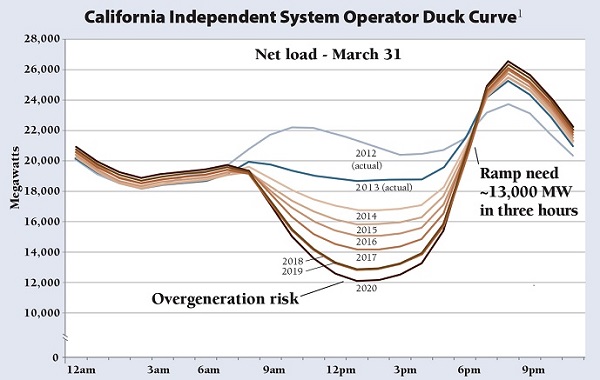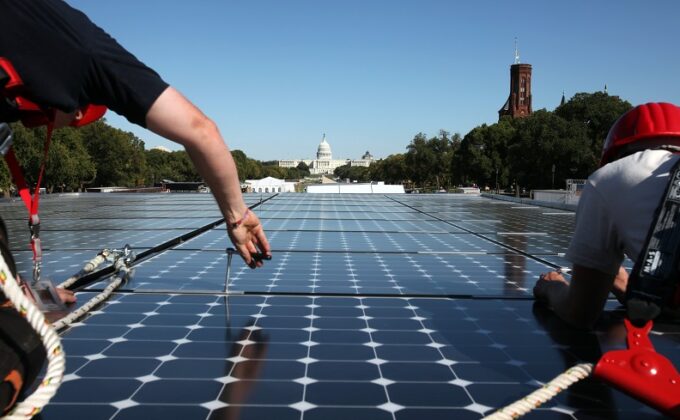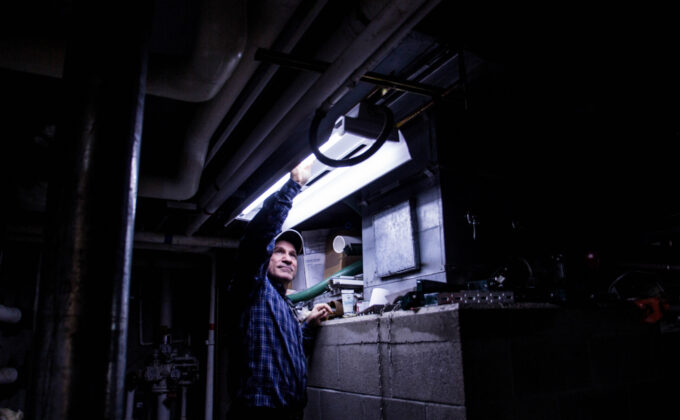
Blog
Incisive commentary from RAP experts
RAP experts keep their finger on the pulse of the energy sector and provide timely analysis of topics impacting stakeholders TODAY.
Filter >>
Content Filter:
January 24, 2017
Beneficial Electrification: A Key to Better Grid Management
- Ken Colburn
As highlighted in our earlier post, Beneficial Electrification: Opportunity Knocks for Utilities, the power sector is rapidly transforming. Today’s older, inflexible resources are being retired, the grid is becoming more flexible, resources are getting cleaner and more distributed, and… View Summary +

January 19, 2017
States will Decide Future of U.S. Energy
- Frederick Weston
With the coming change of administration in the U.S., speculation on the future of the Clean Power Plan (CPP) is running high. During the campaign, the president-elect made his views on climate change—it’s a hoax perpetrated by China—perfectly clear; and,… View Summary +

January 19, 2017
特朗普来了,而美国将继续能源转型
- Frederick Weston
本周五美国将迎来新一届政府,与此同时,关于美国《清洁电力计划》(Clean Power Plan,简称CPP… View Summary +

January 18, 2017
实行排放绩效标准: 提高环境效益,助力中国电力市场转型
- Christopher James
中国“十三五”规划(以下简称“规划”)的电力行业规划中,重申并加强了以前对建立电力市场和有序放开发用电计划的承诺。中国政府还致力于进一步减少空气污染,降低温室气体排放,其目标是到2020年将京津冀PM2.5排放量减少25%。规划提出了每年6.5%的GDP增长目标,增加服务业对经济的贡献率,并在未来的15年里,减少单位 GDP能耗。与此同时,中国决策部门正在解决… View Summary +

January 9, 2017
Beneficial Electrification: Opportunity Knocks for Utilities
- Ken Colburn
It is increasingly apparent that power sector transformation isn’t happening in the future; it’s occurring now. Already, resources are cleaner and more distributed, previously docile customers are actively seeking opportunities to save, consume, and even produce energy in new ways,… View Summary +

January 4, 2017
Emissions Performance Standard Could Improve Environmental Outcomes and Complement China’s Electricity Market Transition
- Christopher James
The electricity sector components of China’s 13th Five Year Plan reaffirm and strengthen previous commitments to establish electricity markets and to eliminate the generation quota system. The Chinese government has also committed to further reducing air pollution and… View Summary +

December 15, 2016
How Europe can Deliver on Energy Efficiency
- Jan Rosenow ,
- Edith Bayer
The European Commission’s recently released Clean Energy Package, has a 2030 target of 30 percent energy savings. An important policy instrument to deliver these are Energy Efficiency Obligation (EEO) schemes. According to new RAP research, not only are EEOs a… View Summary +

December 13, 2016
Retooling Regulation: Is Integrating Energy and Environmental Regulation Legal?
- Christopher James ,
- Ken Colburn
Broad state authority under the Clean Air Act means regulatory reforms would likely be permitted This is the third of RAP’s four-part series on the merits of greater integration of energy and environmental planning and regulation. The first piece… View Summary +

December 9, 2016
Efficiency First: a New Paradigm for a Sustainable Energy System in the UK
The UK’s energy policy is at crossroads. Ambitious carbon targets, an aging energy infrastructure, rising fuel poverty, and a legacy of fossil fuel investment warrant bold political decisions to ensure the UK transitions to a sustainable low-carbon energy system. Because… View Summary +
November 21, 2016
Energy Efficiency: The Sweet Spot for Economic Stimulus After Brexit
Brexit has opened a new era in British politics. Economic uncertainties and a potential slowdown in investment are likely to stay with us in the short to medium term. The Chancellor has made clear that he is prepared to “reset”… View Summary +

